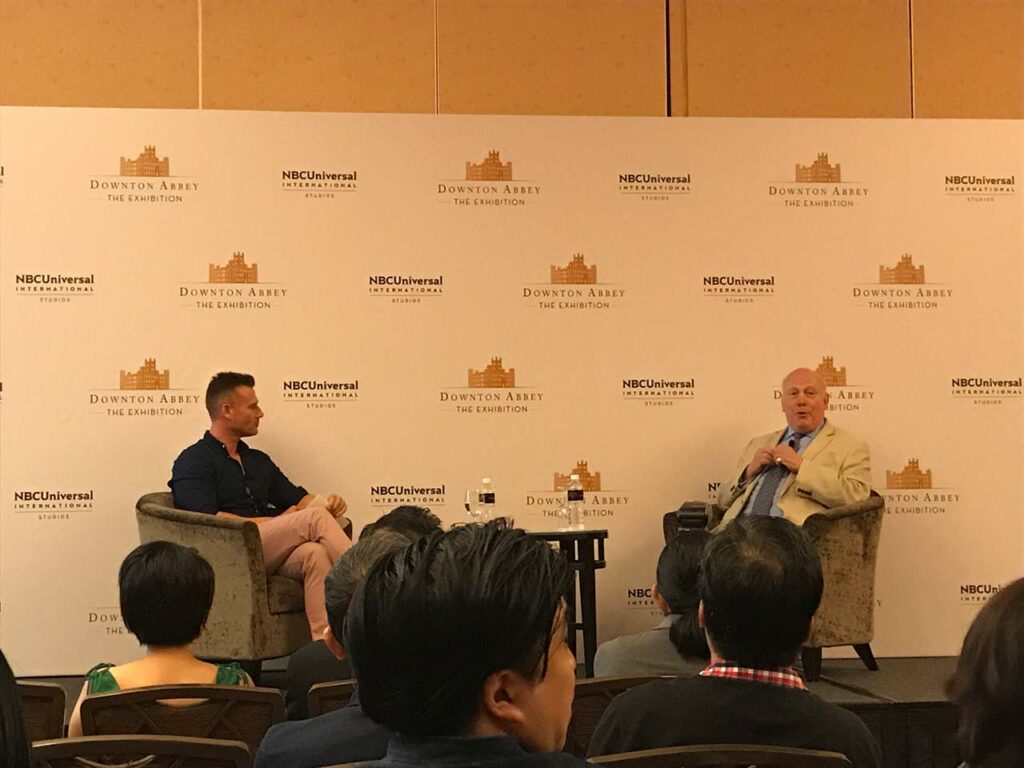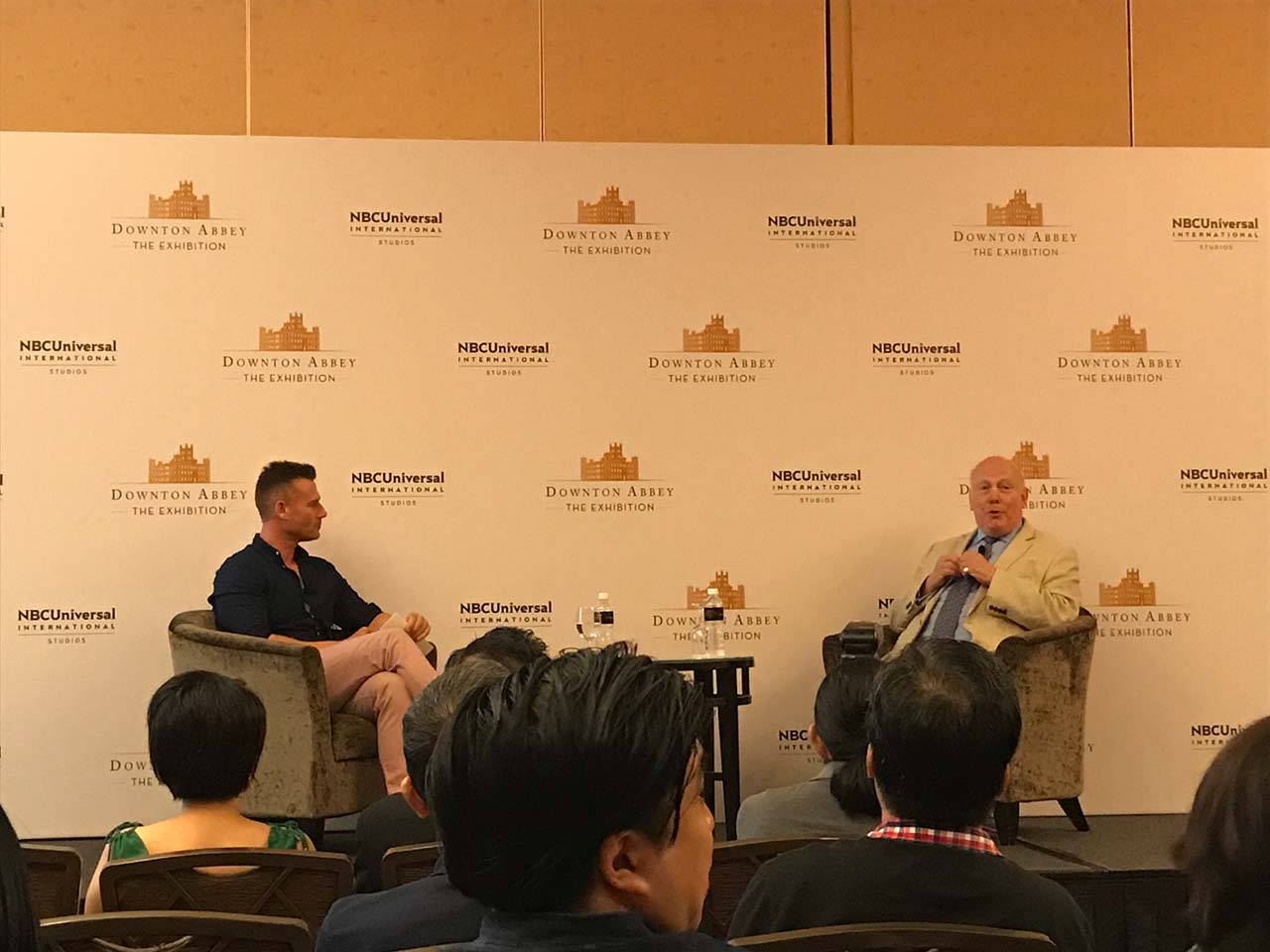From Gosford to Downton, Learning from Lord Julian Fellowes


“Too little history is being told these days,” lamented Lord Julian Fellowes. Lord Fellowes is an acclaimed Oscar-winning screenwriter, director, actor and novelist. His works are frequently set in a historical period, and aim to reflect the culture, sensitivities and the class system of that time, as in the case of films Gosford Park, The Young Victoria and television series Downton Abbey.
Fellowes was in Singapore for the opening of Downton Abbey: The Exhibition at Marina Bay Sands. Speaking at a talk attended by many film students and former members of the SGIFF Youth Jury and Critics Programme, he provided insights to the process of screenwriting and the film and media industry in Britain.
Given his experience writing for film, television and the stage, one student asked how he views the writing process for each medium differently. Lord Fellowes pointed out that when he writes for film or the stage, the narrative is “contained”, “You write it, it gets cast and that’s it… it’s out of your hands.” In comparison, he finds the writing process for television very “alive, and unfurls with the actors”. Speaking in context of the Downton Abbey series, Lord Fellowes says that he responds to their artistic interpretations and personal quirks when writing future episodes. He adds, “It’s an ongoing process.” Yet, he is adamantly against “improvised lines” as “in each episode, there are half a dozen stories going on, so each word needs to contribute to them and keep the episode focused”.
He also went on to provide insights on how he structured the Downton Abbey television series. He knew the general arc across all 6 series would involve following the fictional aristocratic Crawley family during the pre-World War 1, World War 1 and post-World War 1 periods. Within each series, he aims to give each main character a “key story” every three episodes and a “functioning role” in the other two episodes in between, to ensure “reasonably fair coverage” for all the actors.
When asked if he ever watches his own work, he replied “Yes” without hesitation, “If you don’t watch, you don’t learn or improve. You have to realise that things that are only in your head about the characters don’t always translate on-screen. You have to get your characters to say it.” Though he treasures such feedback, he also admitted that he had to develop “a thick skin” when it came to reviews. He also wisely adds, “You can’t survive on praise or negative reviews; you have to survive on neither. At the end of the day, you have to survive on the belief in your own work.”


